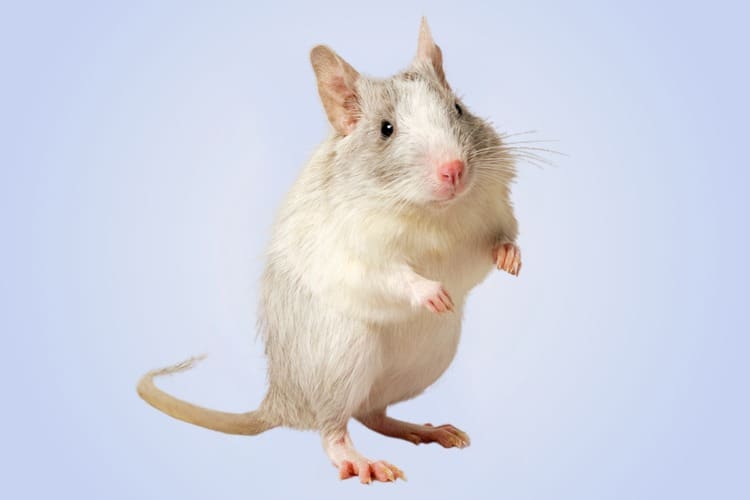
Guinea pigs do not produce vitamin C on their own, so it must come from food sources. Some foods fortified with this nutrient exist while others can come from natural sources, like herbs or vegetables.
Some guinea pig food is similar to muesli, offering pellets, seeds and fruit mixed together in order to satisfy guinea pig’s natural foraging instinct. Such treats could potentially be healthier alternatives to store-bought treats which contain high levels of sugar and salt.
Contents
Hay
Guinea Pigs depend on hay as a main source of nutrition, providing fiber and an important calcium-to-phosphorus ratio. Timothy hay is generally best, while varieties that include alfalfa provide more energy for younger guinea pigs.
Be sure your pet is provided with plenty of hay in their cage and use a hay rack or balls to encourage foraging like they would in nature. Hay can help improve both teeth and digestive health as well as providing them with something fun while they munch!
Guinea pigs should also enjoy eating a variety of leafy, herb, and root veggies every day, although beware cruciferous veggies, such as broccoli, cabbage, and Brussels sprouts which may cause gas or bloating in guinea pigs.
Vegetables
Guinea pigs require plenty of fiber in their diet in order to maintain a healthy digestive tract and comfortable dental growth. High quality feeding hay like Burgess Excel will provide ample nutrition, along with plenty of fresh vegetables and fruit that they need.
Avoid overfeeding these foods to your dog as too much could lead to weight gain and serious health problems, including bladder stones.
As with any food fed to guinea pigs, it’s essential that all veggies and fruit be thoroughly washed to remove pesticides or chemicals that may be present. Also cutting all fruits and vegetables into bite-sized chunks to prevent choking is key; common options for daily veggie treats are romaine lettuce, dandelion greens, carrot tops celery turnip greens cabbage etc.
Herbs
Guinea pigs, like other small mammals, must consume fresh vegetables and herbs daily to prevent digestive issues as well as ensure their bodies receive essential nutrition. A combination of pellets and fresh food will ensure their bodies receive all necessary vitamins and minerals.
Healthier options to include on a weekly menu plan could include romaine lettuce, sweet bell peppers (remove seeds and core), carrot tops, fennel leaves and bulbs, celery stalks, parsley, celery leaves, turnip greens collards spinach as well as zucchini/summer squashes. It is important to note that many of these veggies contain calcium or oxalic acid so should only be served sparingly and mixed in with lower-calcium vegetables for best results.
Guinea pigs also enjoy treats like apples, strawberries and watermelons as treats; these should always be considered treats and should never replace nutritious hay or veggies as their main diet source.
Fruit
Guinea pigs enjoy snacking on fresh fruit as a treat and it is important that guinea pig owners provide them with an assortment of fruits such as blackberries, kiwis, blueberries, oranges and bananas as a nutritious treat several times every week as these items contain high concentrations of sugar.
Be wary when feeding your guinea pig berries as their high levels of vitamin C could result in sore mouths and other issues. Grapes are also considered safe but ensure to only offer seedless varieties as the seeds pose a choking hazard for some varieties; same goes for other fruits like pineapple and plums; beetroot is rich in vitamins C & c, phosphorous & calcium while being low in oxalates while Guinea Pigs enjoy eating the leaves of dandelions!
Treats
There is an assortment of treats designed specifically to reward guinea pigs, though only in moderation and at occasional feedings. Some options may contain nutritional timothy or alfalfa hay with dried fruit or flowers for additional nutritional support, while chew sticks made from tasty woods provide dental health support and mental stimulation benefits. Fruit should only be fed occasionally because its high sugar content could upset its stomach.
Pea flakes can make for a tasty treat for your guinea pig, but take care not to give too many at one time as too much vitamin C could result in intestinal stasis.



